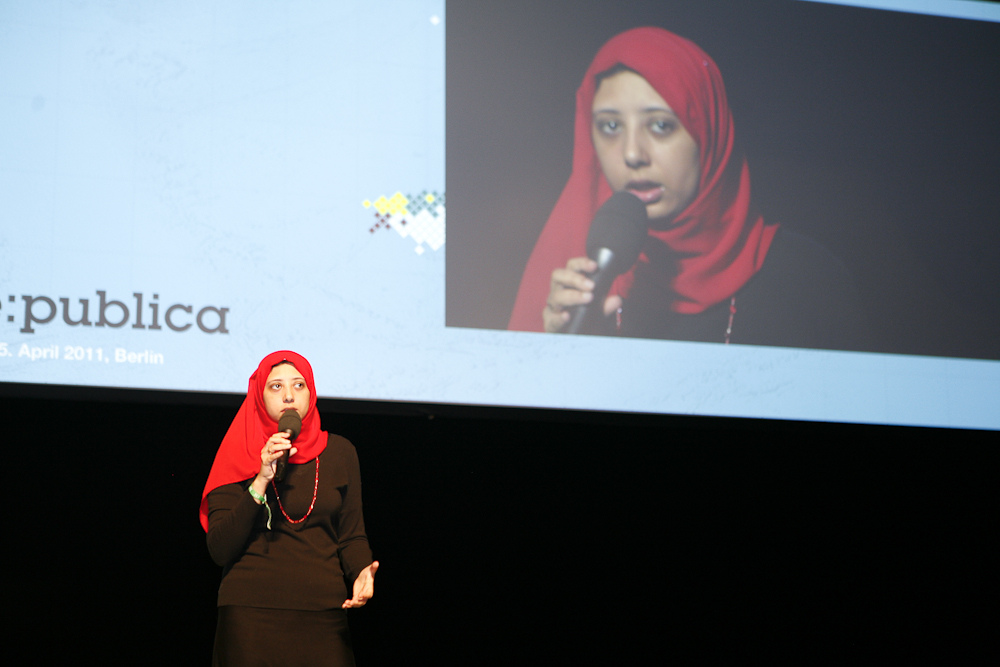Three questions with… Noha!
Our lab is growing! In our Three Questions series, we’re profiling each of our members and the amazing work they’re doing.
Today, we’re highlighting Noha Atef, a postdoctoral media researcher at the ScholCommLab working at the intersection of social media, citizen media, journalism, and health communication. In this post, she tells us more about her work in the lab, her research on misinformation in the Arab region, and the perils of online health “advice.”

Q#1 What are you working on at the lab?
I am conducting a research project called Doctors Who Blog about doctors who are using social media to make and share content about their specializations. This work is part of the broader Health and Science Communication project in the lab.
Q#2 Tell us about a recent paper, presentation, or project you’re proud of.
A piece I cherish is our recent recommendation paper about combating misinformation and disinformation in Arab media. I worked on it with a team of researchers and journalists in the middle of a COVID-19 lockdown, collaborating across three cities. I am proud of this paper not only because it was the first of its kind and we were able to complete it despite many challenging circumstances, but also because it involved direct communication with journalists, academics, representatives of media organizations, and representatives of technology corporations. Plus, there was a lot of communication with journalists and media students through a Facebook group, where they gave examples and case studies. Overall, working on this paper made the lockdown feel productive and led to a valuable output.
Q#3 What’s the best (or worst) piece of advice you’ve ever received?
The best piece of advice was given to me by my father. It was not to measure my self-worth by my grades or any achievements, not to try to validate myself through actions or material things. I have never done that anyway, but as a sensitive child, I didn’t take comparison to others very well. Some parents, teachers, and caregivers I knew would compare children to their peers to inspire them to improve, but for me this always backfired.
“The worst piece of advice? Any advice that promises unbelievable changes if you stop doing something you enjoy.”
Noha Atef
And the worst piece of advice? Any advice that promises unbelievable changes if you stop doing something you enjoy, which I see a lot of nowadays on social media. For example: “Stop drinking coffee and see what happens to your body,” “30 days of no sugar and magic will happen,” or “Ditch bread and see what you gain.” I think this kind of advice is terrible because it promises a fallacious dream that you will become “well’ or “beautiful” just by following the tip, which is very likely going to lead to disappointment. Plus, it does not raise awareness or educate people, encouraging them to focus on magical results instead of learning about how coffee, sugar, or bread affect the body. In fact, this type of advice is what got me interested in health communication in the first place, as I sat at my computer with a coffee with brown sugar in one hand and a buttered toast in the other!
Find out more about Noha at her website, or follow her on Twitter at @NohaAtef.